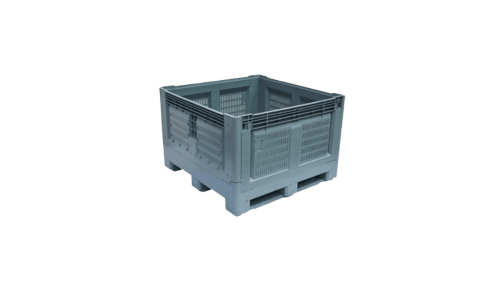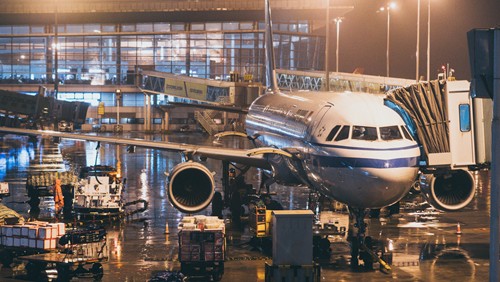For much of the last 100 years, Australia and South Korea have had a positive working relationship incorporating everything from education and tourism to business.
According to the Department of Foreign Affairs and Trade, South Korea is one of Australia’s largest export partners – making them a valuable part of the national economy. This connection developed into Korea – Australia Free Trade Agreement (KAFTA), launched in 2015 and thus far has brought great benefits to enterprises in both countries.
This month, the third round of tariff cuts comes into force with Minister for Agriculture and Water Resources, Barnaby Joyce indicating that those in the Australian agricultural sector are set for significant windfalls.
“The third round of tariff cuts will be particularly beneficial to a number of Australian agricultural exports to Korea and will allow producers and exporters to continue to build their commercial relationships in Korea,” he explained in a January 1 media statement.
The success of the KAFTA to date
South Korea, like many Asian countries, face a growing middle-class population – putting significant pressure on food resources. As such, demand for quality products from Australia become key commodities. In fact, over the 12 months, since the KAFTA came into force, a number of sectors have witnessed extraordinary progress. Mr Joyce noted two examples.
“Brussels sprouts and fresh cherries which have both increased by nearly 5000 per cent, albeit from a low base. The elimination of the 24 per cent tariff on cherries has resulted in exports worth $3.5 million in 2014-15,” he said.
“Fresh navel oranges have also seen strong growth, with exports increasing almost 700 per cent to $486,000 in 2014-15, as well as almonds which are up over 400 per cent to $0.5 million.”
Most recent tariff cuts
Of course, food manufacturing business leaders will be interested in the latest tariff cuts which come into force this month on exports to South Korea. This includes fresh, chilled and frozen beef (34.6 per cent down to 32 per cent), almonds (6.4 per cent to 5.6 per cent), macadamia nuts (18 per cent to 12 per cent) and table grapes (also 18 per cent to 12 per cent).
Mr Joyce is confident that these tariff cuts won’t be the last.
“We’ve got a strong track record of delivering better access to overseas markets for Australian exporters with our recently signed FTAs and trade partnerships across Asia and the Pacific, and we’re now working on similar agreements with India and the EU,” he summarised.
Plastic pallets key for KAFTA
While tariff cuts are one of the reasons why exports will rise, this can’t be at the expense of quality. If Australian businesses are using sub-standard wooden pallets or similar, this can decrease produce standards and impact the value of the deal.
As such, it’s recommended food producers use hygienic plastic pallets for all food shipments overseas. To find out more about what works best for your industry, contact the team at Eco Pallets today.









Comments are closed.